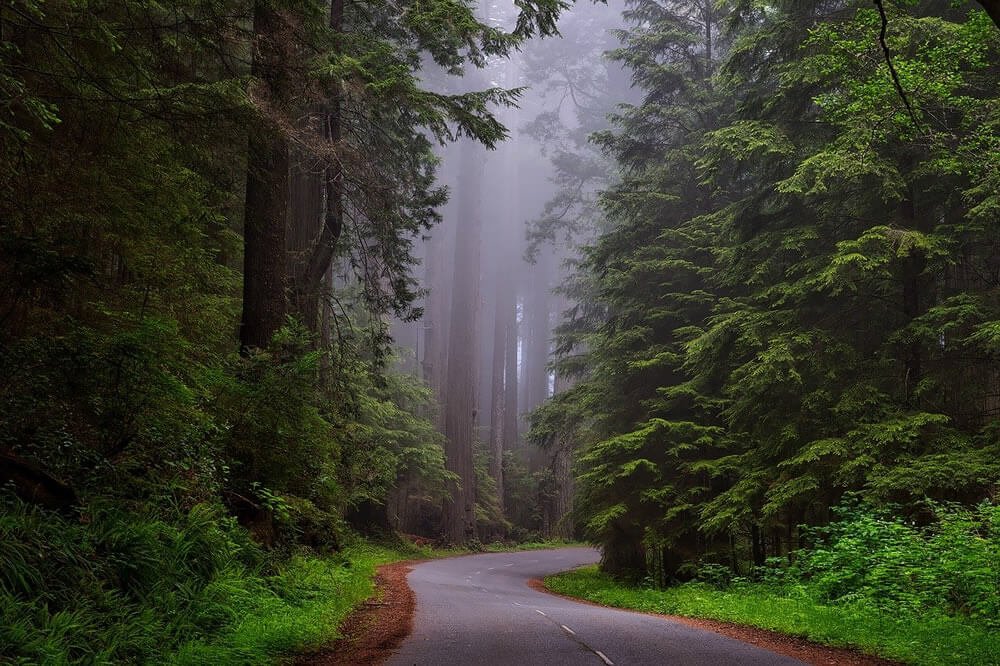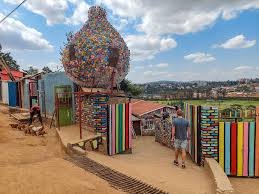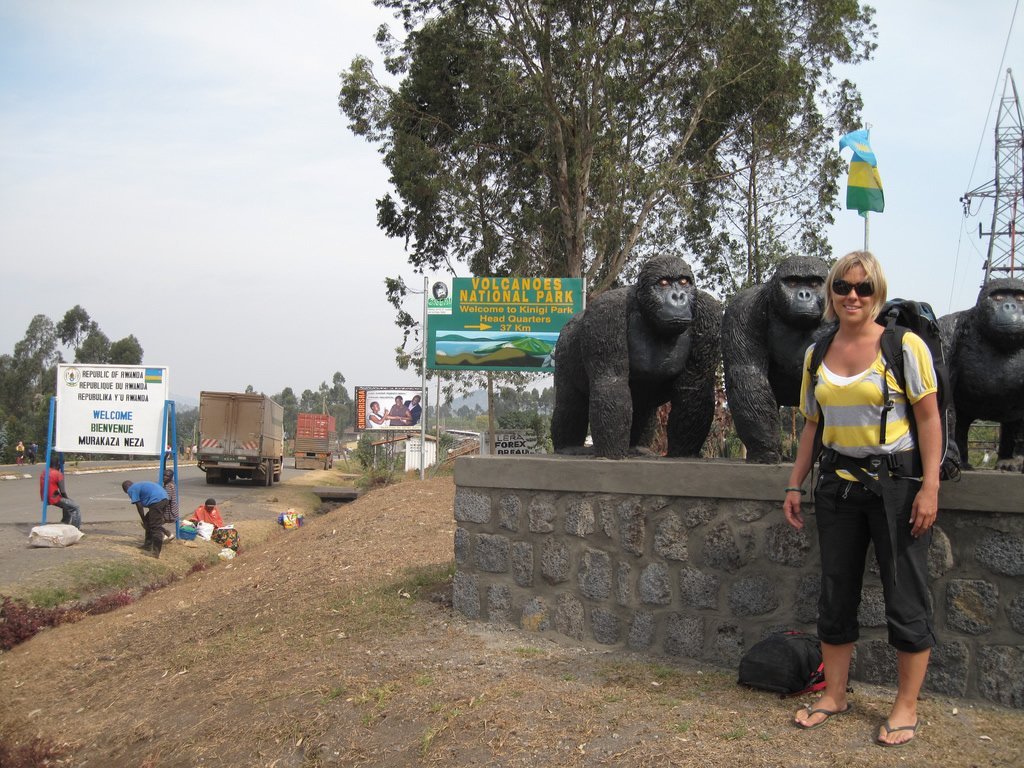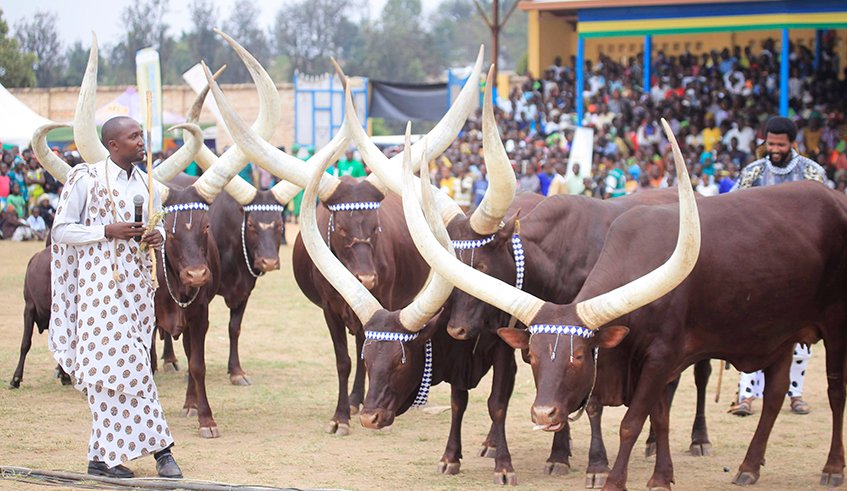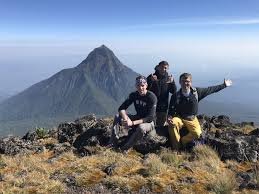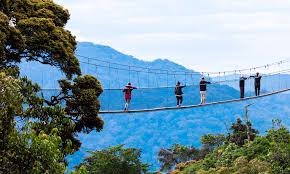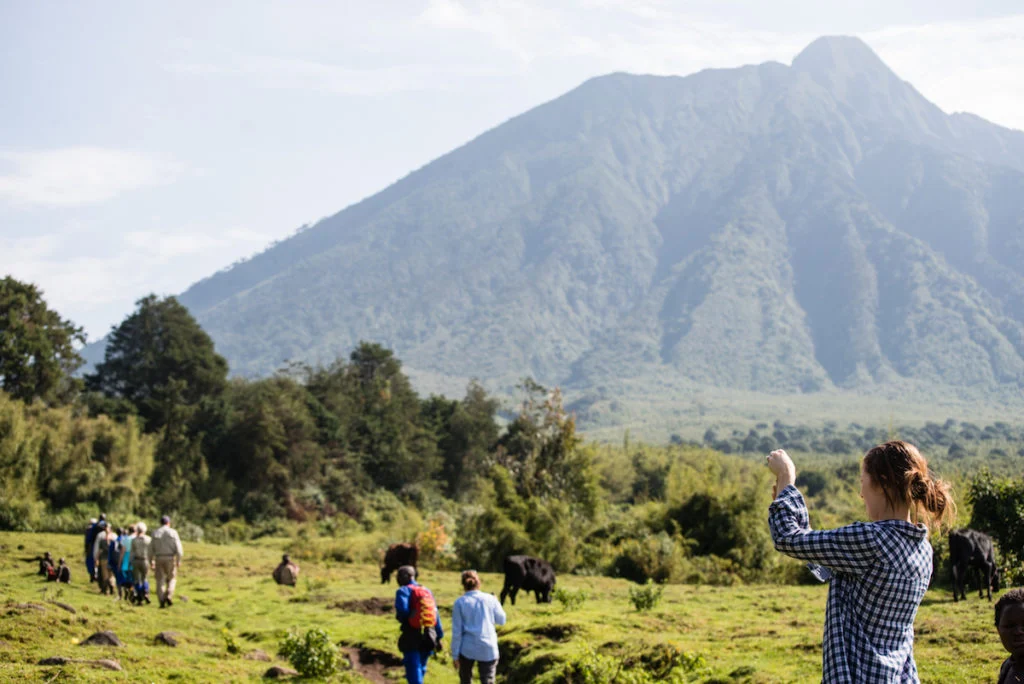
When most people think of Rwanda, the images that usually come to mind are of Kigali’s clean streets, gorilla trekking in Volcanoes National Park, or the tranquil shores of Lake Kivu. While these are undoubtedly incredible experiences, the soul of Rwanda lies in its villages — where tradition, community, and culture come to life in the most authentic and heartwarming ways.
Experiencing Rwandan village life offers a rare opportunity to connect deeply with the people, understand age-old customs, and witness the simplicity and richness of rural living. Whether you’re seeking cultural immersion, a break from the fast-paced world, or an off-the-beaten-path adventure, Rwanda’s villages welcome you with open arms and warm smiles.
In this blog, we’ll explore where and how you can experience real Rwandan village life, what to expect, and tips for making the most of your stay. From agritourism experiences to traditional homestays and cultural tours, here’s your guide to rural Rwanda at its best.
1. Why Experience Village Life in Rwanda?
Rwanda’s rural population makes up over 80% of the country’s total, and life in these areas remains largely untouched by modernity. While Kigali thrives with innovation and infrastructure, the villages preserve Rwanda’s identity — where people live off the land, share tight-knit communities, and celebrate age-old traditions.
By visiting these villages, you support sustainable tourism and local economies. You also walk away with a deep understanding of what it means to live in harmony with nature, participate in daily communal tasks, and feel the rhythm of rural life.
Benefits of experiencing village life include:
- Cultural immersion and connection with locals
- Learning traditional farming and cooking techniques
- Supporting local families and cooperatives
- Gaining insight into Rwanda’s values and traditions
2. Best Places to Experience Rwandan Village Life
Here are some of the top destinations and initiatives that offer immersive rural experiences:
a) Azizi Life – Muhanga District
Azizi Life is a social enterprise that partners with artisan cooperatives in southern Rwanda. They offer full-day or overnight experiences where you can live like a local — from farming and cooking to fetching water and weaving baskets.
Activities include:
- Harvesting seasonal crops with local farmers
- Learning how to cook traditional meals like cassava, sweet potatoes, and beans
- Weaving with women’s cooperatives
- Attending cultural dance performances
Azizi Life also offers homestay options for travelers who want a deeper experience.
b) Red Rocks Cultural Centre – Musanze
Located in Rwanda’s Northern Province, Red Rocks is a hub for cultural tourism and community development. Here, visitors can engage in banana beer brewing, traditional cooking, basket weaving, and even traditional dance classes.
Highlights:
- Volunteering opportunities
- Local cuisine tasting
- Visiting nearby villages and schools
- Camping and eco-lodge accommodation options
c) Iby’Iwacu Cultural Village – Kinigi
Originally established to support communities living near Volcanoes National Park, Iby’Iwacu Cultural Village offers a look into Rwanda’s pre-colonial lifestyle.
Things to do:
- Explore traditional Rwandan homes and royal palaces
- Dress in traditional attire
- Watch performances by Intore dancers
- Learn about traditional medicine and hunting techniques
d) Nyungwe Cultural Village – Near Nyungwe National Park
In southwestern Rwanda, this village experience complements a visit to Nyungwe Forest. Visitors get to interact with local families and discover their unique traditions.
Activities include:
- Cooking traditional dishes with host families
- Learning local legends and songs
- Guided walks through tea plantations and surrounding hills
e) Rwimbogo Community Eco-Tourism – Eastern Province
This lesser-known gem in the Eastern Province offers authentic experiences with minimal tourist traffic.
What to expect:
- Cow milking and cattle herding experiences
- Visits to local schools
- Traditional dance and music
- Overnight stays in family compounds
3. Daily Life in a Rwandan Village: What to Expect
Living in a Rwandan village is not about comfort, but connection. Here’s what a typical day might look like:
- Morning: Wake up to the sound of roosters and start your day with a cup of tea. Join your host in preparing a simple breakfast and maybe head to the fields to help with farming.
- Afternoon: Share a traditional lunch with your host family. Afterward, help with weaving, grinding millet, or carrying water from the nearest source.
- Evening: Participate in community storytelling or dancing around a small fire. Sleep in basic but cozy accommodations, often with mosquito nets and locally-made bedding.
Don’t expect Wi-Fi, air conditioning, or Western comforts — the goal is to embrace simplicity and connection.
4. Cultural Etiquette and Tips for Visitors
Respect and humility are key when visiting rural communities. Here are a few guidelines to follow:
- Dress modestly: Long skirts or trousers are appreciated, especially for women.
- Learn a few Kinyarwanda phrases: Greetings go a long way (e.g., “Muraho” for hello, “Murakoze” for thank you).
- Participate actively: Whether it’s cooking, dancing, or farming — get involved.
- Ask before taking photos: Always request permission first.
- Bring small gifts: Items like school supplies or seeds are often appreciated.
5. How to Book Your Village Experience
Most cultural experiences and homestays can be booked through:
- Tour operators specializing in responsible tourism
- Social enterprises like Azizi Life
- Local guesthouses and eco-lodges
- Community centers like Red Rocks
Websites, Airbnb, and even platforms like Workaway or Worldpackers sometimes list village-based volunteer opportunities and stays.
6. Testimonials from Travelers
“Spending the night in a small village near Nyungwe was the highlight of my trip. We made isombe together, sang songs by the fire, and I learned how to weave a small mat!” — Clara, UK
“At Azizi Life, I harvested cassava with my host and learned how to cook a meal from scratch. The experience was humbling and beautiful.” — Ethan, USA
“Red Rocks gave me a deeper appreciation for Rwandan culture. The banana beer brewing and dance performances were amazing!” — Farida, Kenya
7. Final Thoughts: Leave as a Friend, Not a Tourist
Rwanda’s villages offer something you won’t find in any guidebook or museum — genuine human connection. Whether you spend a single afternoon or a few days, your visit supports the local economy, preserves cultural heritage, and leaves you with unforgettable memories.
So the next time you plan your Rwandan adventure, don’t just stick to the national parks and city sights. Venture into the heart of Rwanda — its villages — and discover a world of warmth, resilience, and beauty that will stay with you long after you leave.
Have You Experienced Village Life in Rwanda? Share your story in the comments below or tag @SeeRwanda in your posts. Let’s inspire more meaningful travel together!


